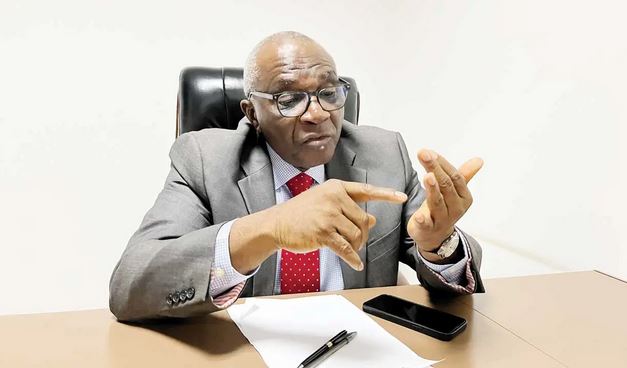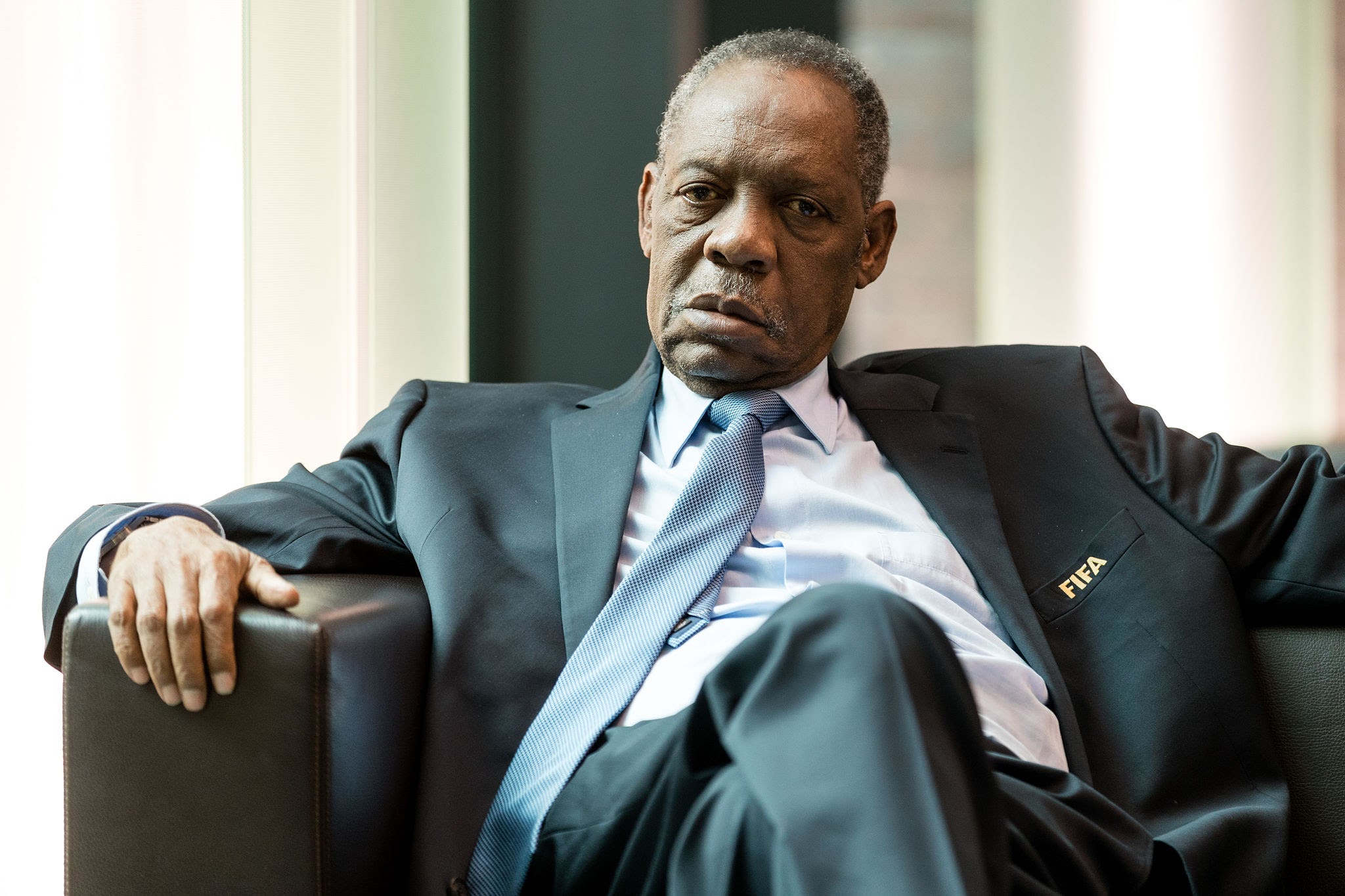In a recent report, the New York Times painted a gloomy picture of Nigeria’s economy, labeling it the “worst in a generation.” But is this assessment entirely accurate? The Presidency has responded, and it’s time to set the record straight.
Special Adviser to the President on Information and Strategy, Bayo Onanuga, has criticized the report for its “predetermined, reductionist, derogatory, and denigrating” tone, which he believes perpetuates a negative narrative about Africa. The report, he argues, presents a misleading view of the economy and ignores the positive developments underway.
Onanuga emphasizes that the current administration inherited a struggling economy, with a “dead” economy that required urgent surgery to avoid collapse.
The fuel subsidy regime, which had drained the public treasury of $84.39 billion between 2005 and 2022, was unsustainable. The government’s decision to remove the subsidy and unify exchange rates was a necessary step towards economic recovery.
Despite the challenges, there are encouraging signs. The economy has recorded a trade surplus of N6.52 trillion in Q1, and portfolio investors are returning.
The naira, which had slid to N1,900 to the US dollar, has stabilized and may appreciate to between N1000 and N1200 by year-end. Agricultural production is increasing, and food inflation, while still a challenge, is being addressed through government initiatives.
The Presidency urges a more balanced view of Nigeria’s economy, recognizing both the challenges and the progress made. As Onanuga notes, “Nigeria is not alone in facing economic challenges… but with determination and the right policies, we shall overcome our present difficulties very soon.”




